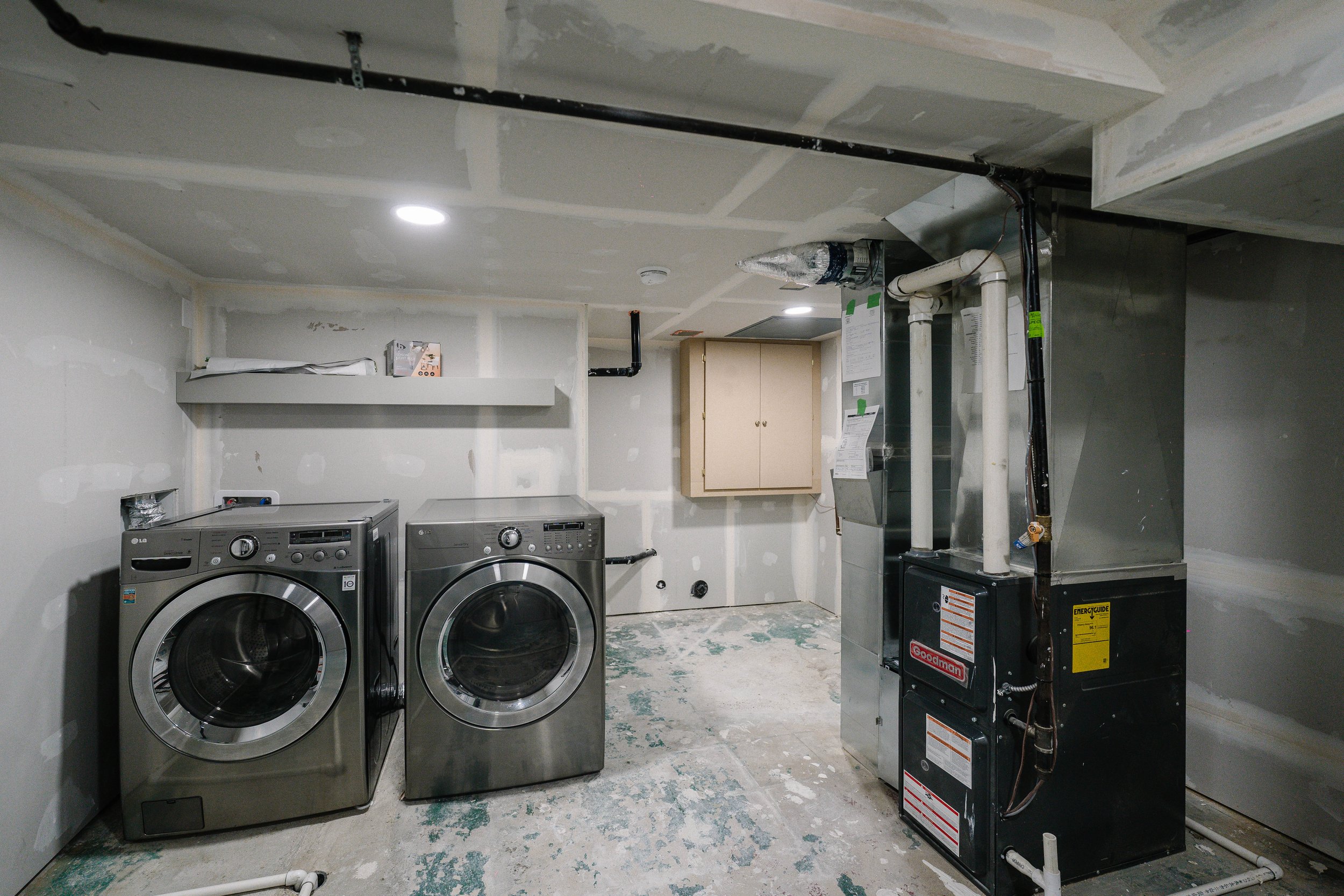Secondary Suites: What makes it a Legal Basement Suite?
What is a Legal Basement Suite?
In Edmonton, Canada, a basement suite or apartment is considered a legal secondary dwelling apartment only if it complies with the Edmonton Building Code's standards for secondary dwelling apartments, the Edmonton Fire Code, and any applicable municipal zoning regulations.
What Makes The Basement Suite Legal in Edmonton?
Not all basement suites are legal in Edmonton. There are some criteria for a legal basement suite, and it is in all homeowners' interests to meet this legality. The following are expected for a legal basement suite.
Permits
Your Contractor will obtain all necessary permissions for the basement's construction, wiring, plumbing, HVAC, and ventilation. However, a licensed expert in the field is required to apply for and get such authorizations. There will be inspections at regular intervals as they build.
Entrance prerequisites:
There must be a separate entry to the basement. Your renters must not enter your private space even if you have a common side or rear entrance.
Appliances:
A complete kitchen, refrigerator, cooker, and bathroom are required in the basement apartment. Since laundry facilities are often communal spaces, it is acceptable to use the machines jointly. There is no need for a laundry room in the suite, but it may be a selling point.
Further reduction of noise:
Soundproofing measures, such as insulation, should prevent noise from travelling from the main house into the legal basement suite. Suites should also have soundproofing installed between them and shared hallways or bathrooms.
Emergency exit windows in bedrooms:
All bedrooms must have exit windows that may be opened from the inside with no risk of being trapped. In a fire outbreak, exit windows allow you to escape the building safely.
Anti-fire measures and alarms:
Gypsum board and other fireproofing materials are required. Installers will position it between any wall or ceiling to provide a barrier between the accessory living unit, the primary residence, and any shared spaces. Similarly, it must be installed on the floors, walls, and ceilings connecting any rooms that include fuel-fired equipment. The apartment must be equipped with both smoke and carbon monoxide alarms.
Specialized, vented heating supply:
The auxiliary apartment requires its own independently vented heating system. Heating systems such as electric baseboard heaters, hydronic radiant panels, and forced-air furnaces are all viable alternatives.
Do you need a reliable Design and Development company to handle your basement improvement project? Look no further than ARdeco Design and Developments Corp. Contact us now to get started!






